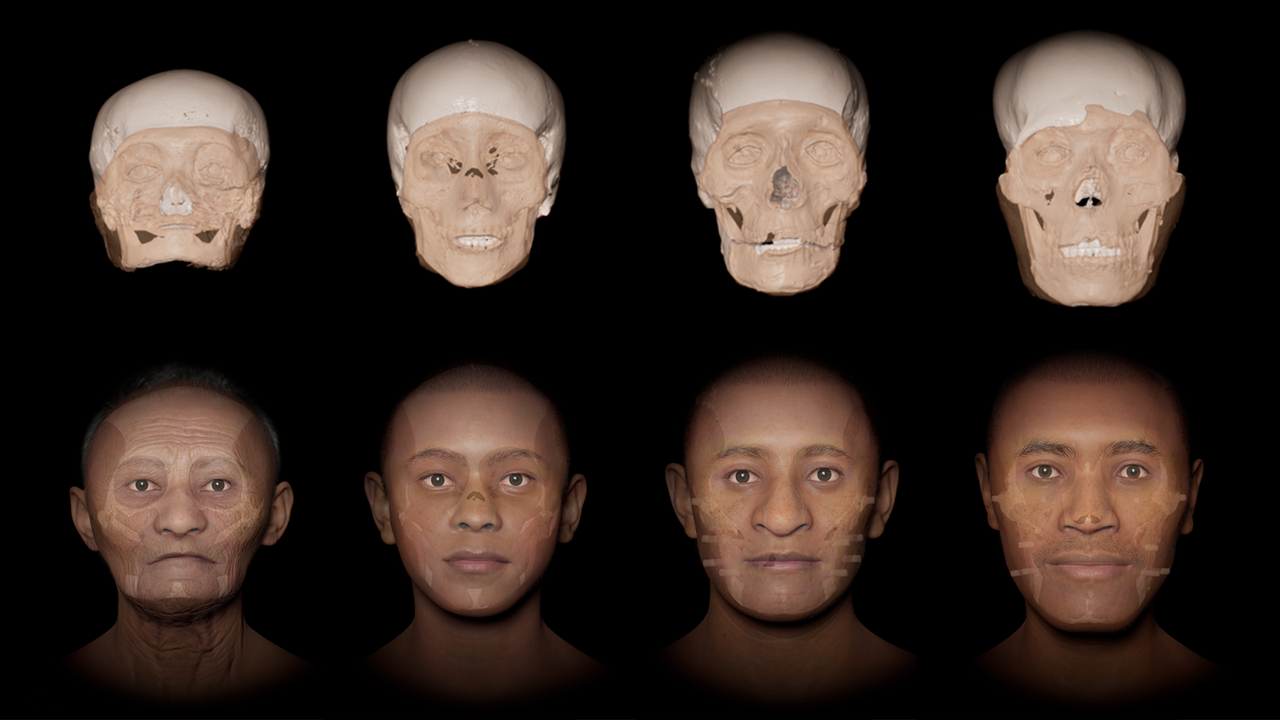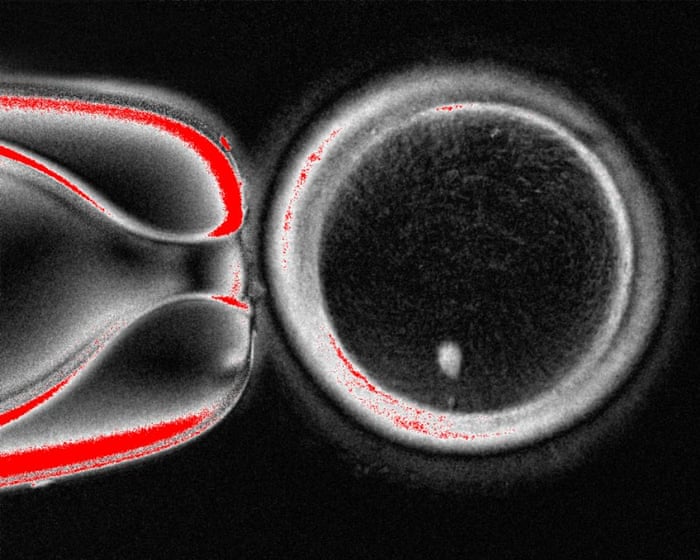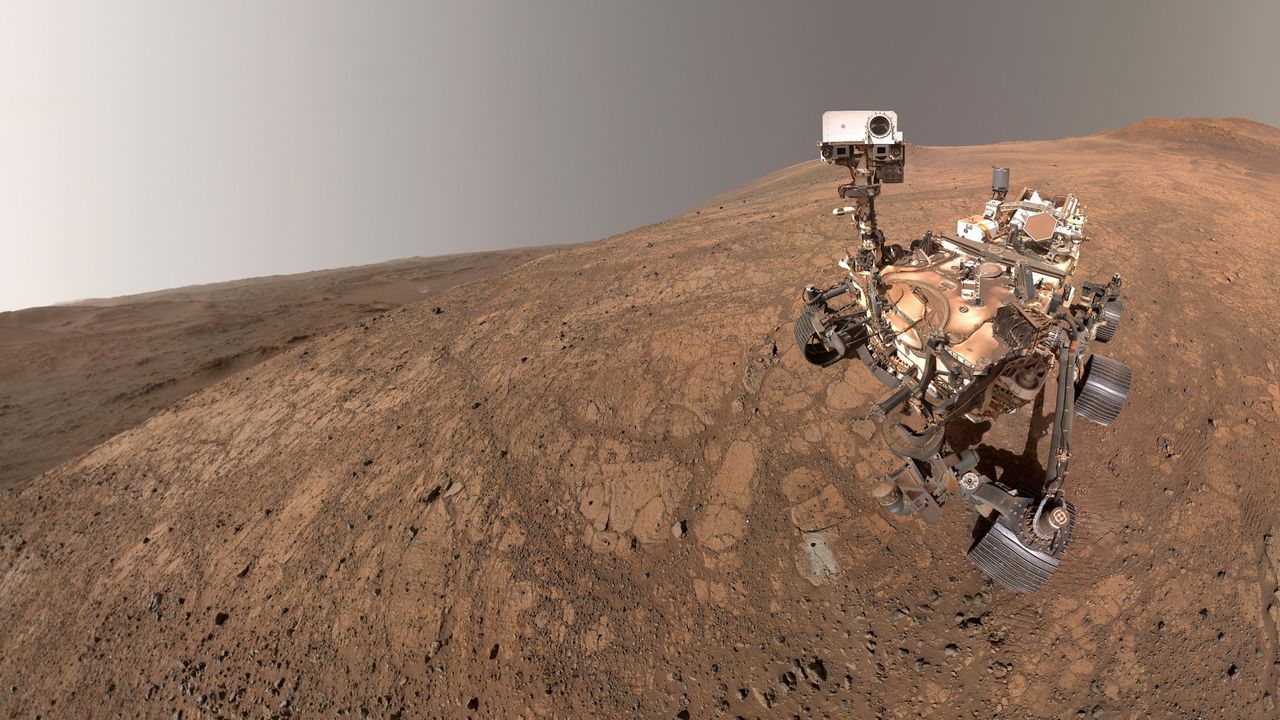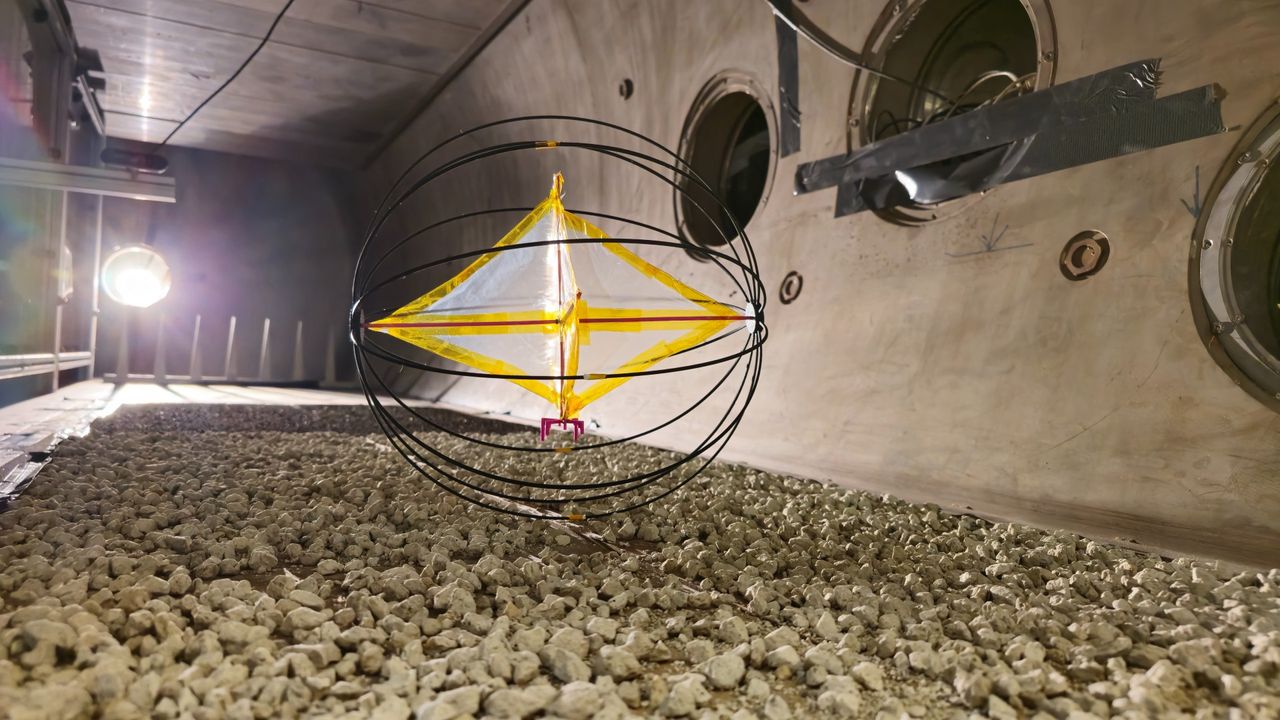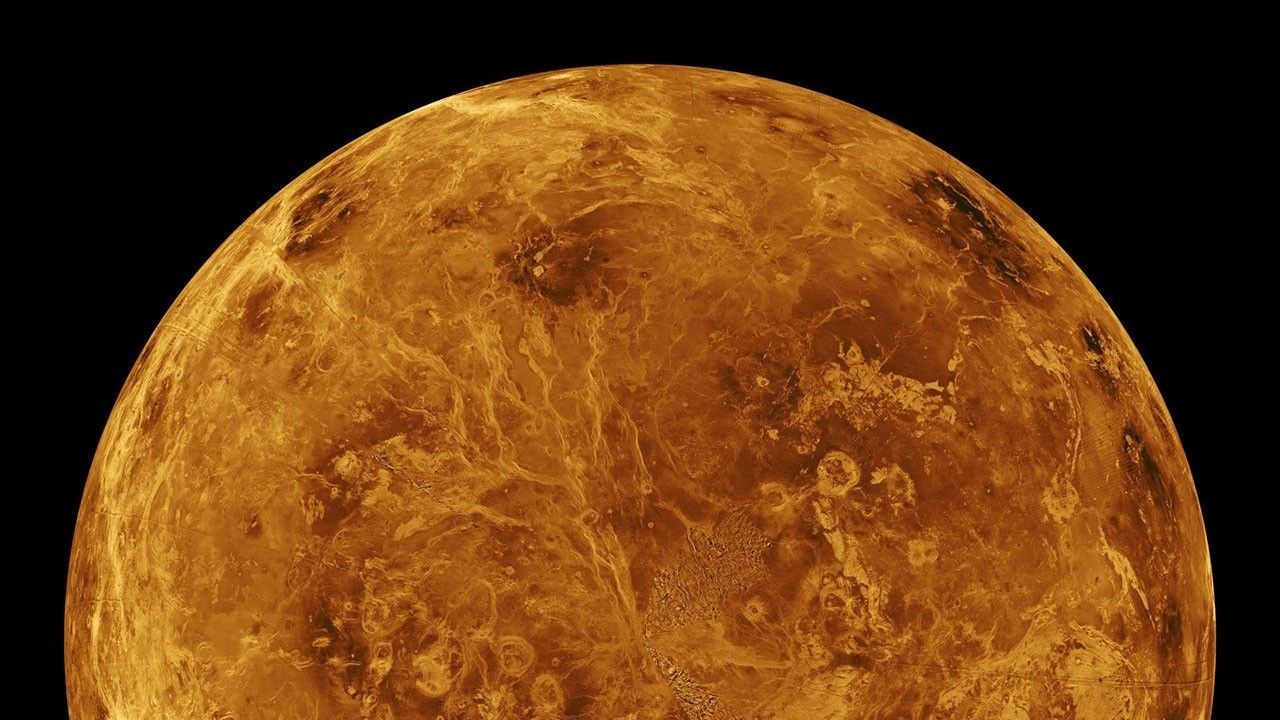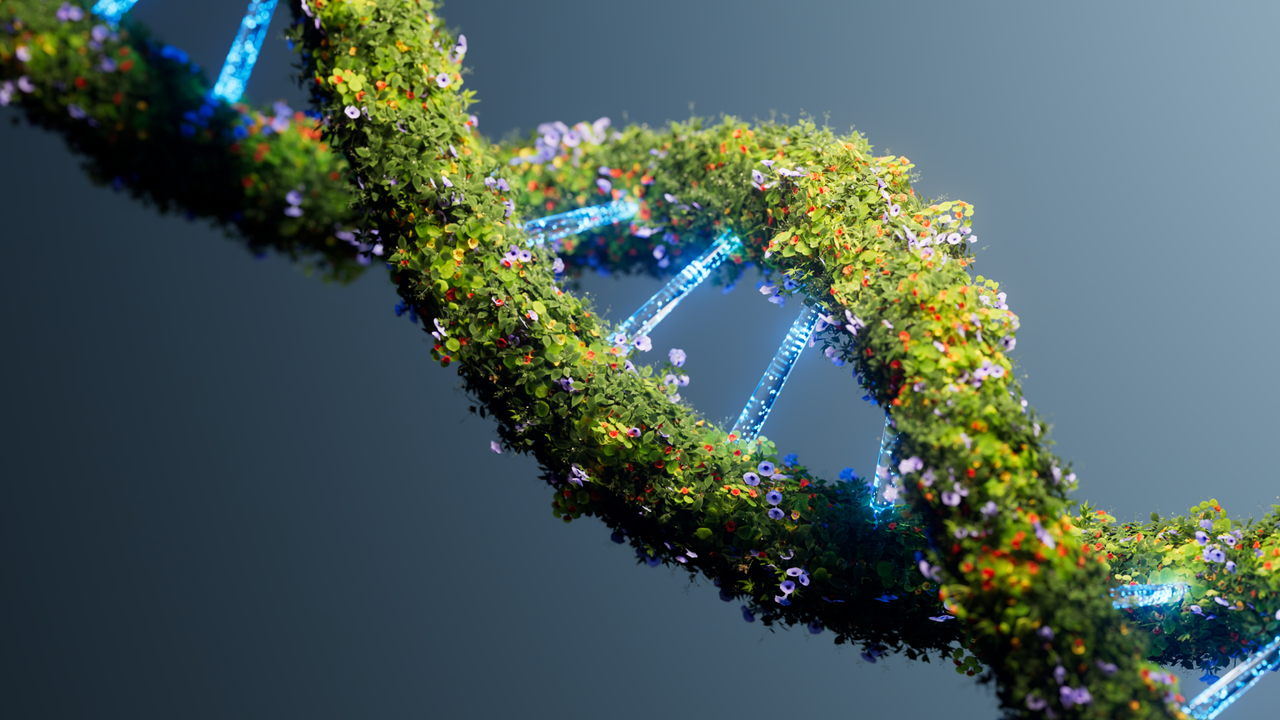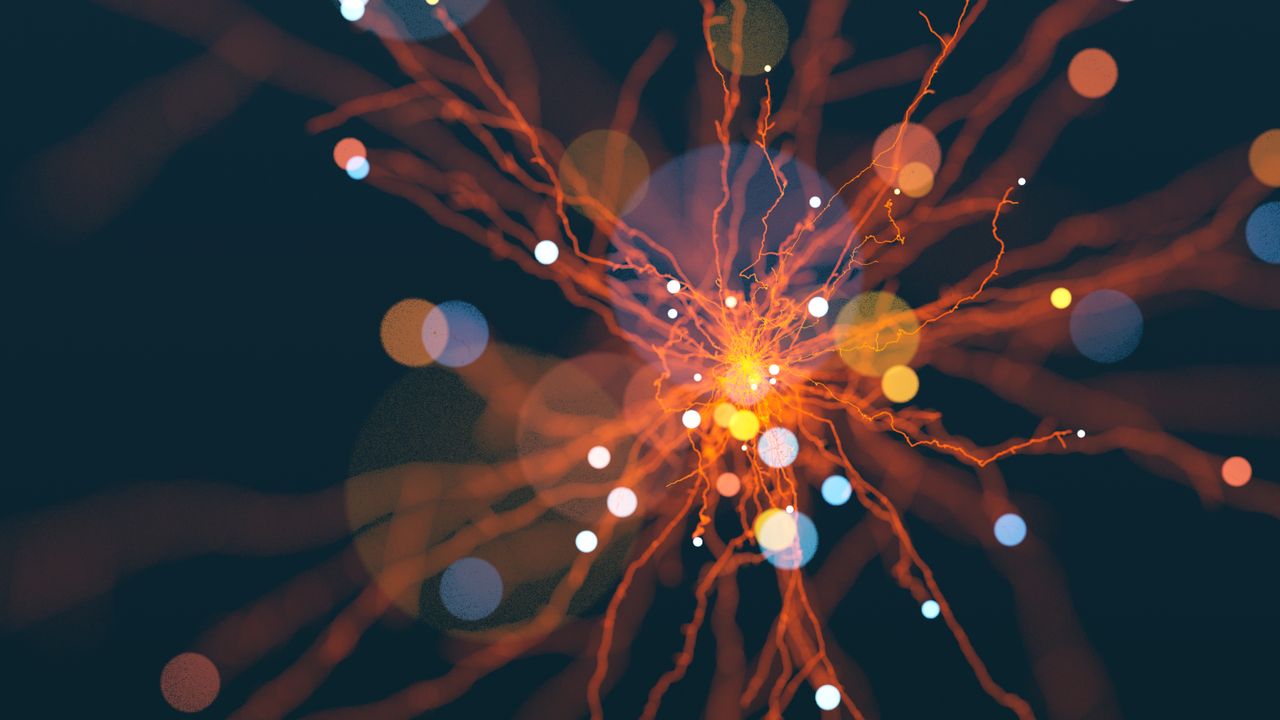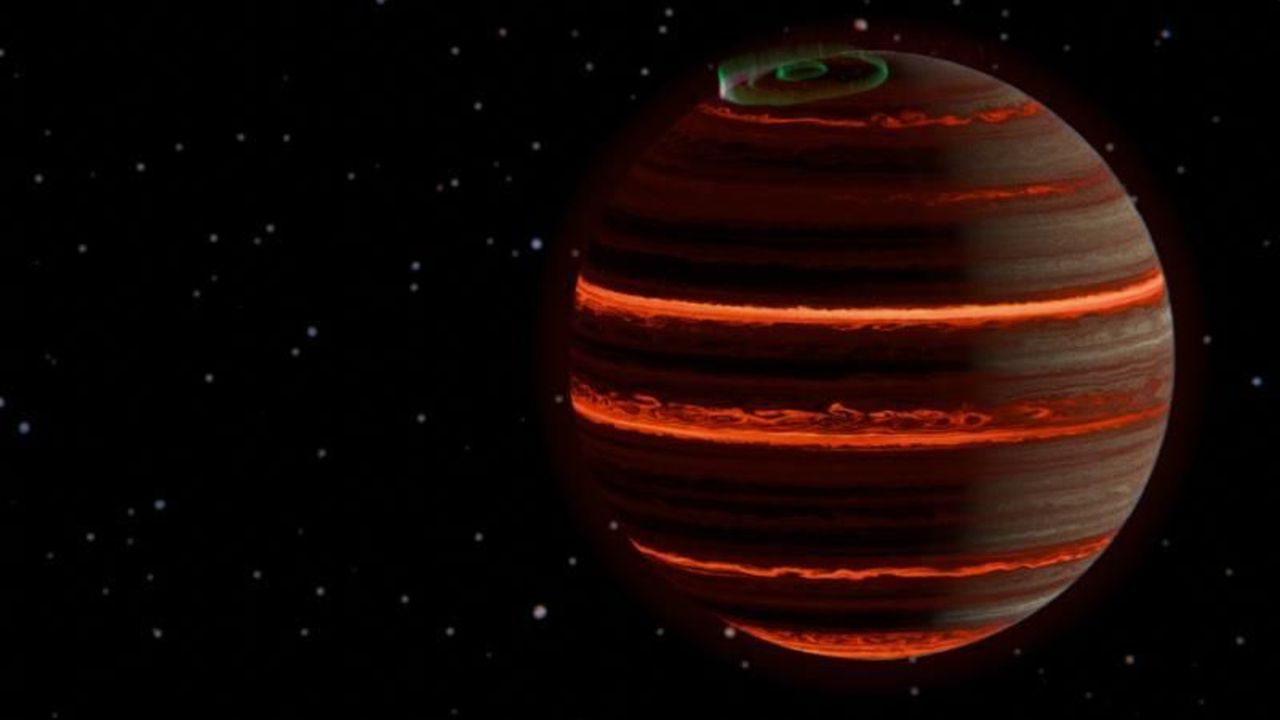We now know why a belly button becomes an 'innie'
PositiveScience

Scientists have made an exciting discovery about why belly buttons become 'innies.' They've identified a new abdominal structure called the umbilical sheath, which anchors the remnant of the umbilical cord to deep abdominal tissues. This finding not only sheds light on the anatomy of our bodies but also enhances our understanding of human development, making it a significant step in medical science.
— Curated by the World Pulse Now AI Editorial System
